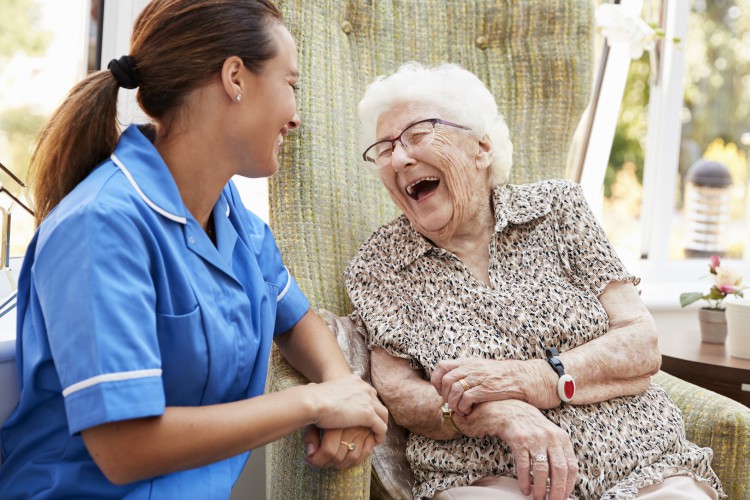
.
Elder Self-Neglect: A Hidden Crisis That Demands Our Attention
This past Sunday, communities around the globe recognized World Elder Abuse Awareness Day—a call to action launched in 2006 by the United Nations and the World Health Organization. The goal is simple but urgent: to raise awareness of the many forms of abuse, neglect, and exploitation faced by older adults—and to spark conversations that lead to prevention and protection.
When we hear the term “elder abuse,” we often imagine dramatic cases: a scammer stealing savings, or a relative misusing power of attorney. But elder abuse isn’t always financial or physical. One of the most overlooked—and misunderstood—forms is elder self-neglect. Though no external abuser is involved, the consequences can be just as devastating.
Elder self-neglect occurs when an aging adult, often living alone, is unable or unwilling to care for their own basic needs—such as hygiene, nutrition, safety, or medical care. According to recent analyses, an estimated 27% of older adults experience some level of self-neglect.
This isn’t about being stubborn or simply choosing an alternative lifestyle. Self-neglect is often tied to cognitive decline, mental health challenges, physical disability, or extreme social isolation. It can be subtle and slow-developing, making it harder for loved ones to recognize and act.
Family members, neighbors, and professionals should keep an eye out for these common warning signs:
These symptoms often emerge gradually and may be minimized by the individual—making early recognition and compassionate intervention essential.
These numbers are sobering. They remind us that raising awareness is not enough—we must also take action.
Mr. Thompson, 82, was known for his independence. But after his wife’s death, concerned neighbors noticed his lawn went unmowed, his mail piled up, and he seemed increasingly withdrawn. When a friend stopped by, she found his home without running water and stocked only with expired canned food. Mr. Thompson wasn’t deliberately harming himself—he simply couldn’t cope alone anymore.
If you suspect that an older adult may be experiencing self-neglect, here are steps you can take:
Approach the individual gently and without judgment. Emphasize your concern for their well-being, not a desire to take away their independence.
A physician, social worker, or home care nurse can assess cognitive function, health status, and safety concerns.
In-home care services can ease the burden by helping with hygiene, nutrition, medication, and daily tasks—restoring safety and dignity without overwhelming the individual.
Neighbors, religious groups, and volunteers can play a powerful role in reducing isolation and providing oversight and companionship.
At Angel Healthcare Service, we are committed to helping seniors live independently and safely in the comfort of their own homes. Our trained caregivers are skilled in identifying early signs of self-neglect and providing the support needed to maintain a high quality of life.
We offer:
Our care advisors work closely with families to build tailored care plans—addressing immediate needs while creating a long-term safety net for loved ones.
Elder self-neglect may be a silent crisis, but that doesn’t mean it has to go unnoticed. By speaking up, checking in, and offering support, we can help our elders stay safe, well, and respected.
At Angel Healthcare Service, we are honored to be part of that solution.
If you’re concerned about an aging parent, neighbor, or client, [click here to contact your local Angel Healthcare Service office]. Let’s work together to make sure no senior is left to struggle alone.